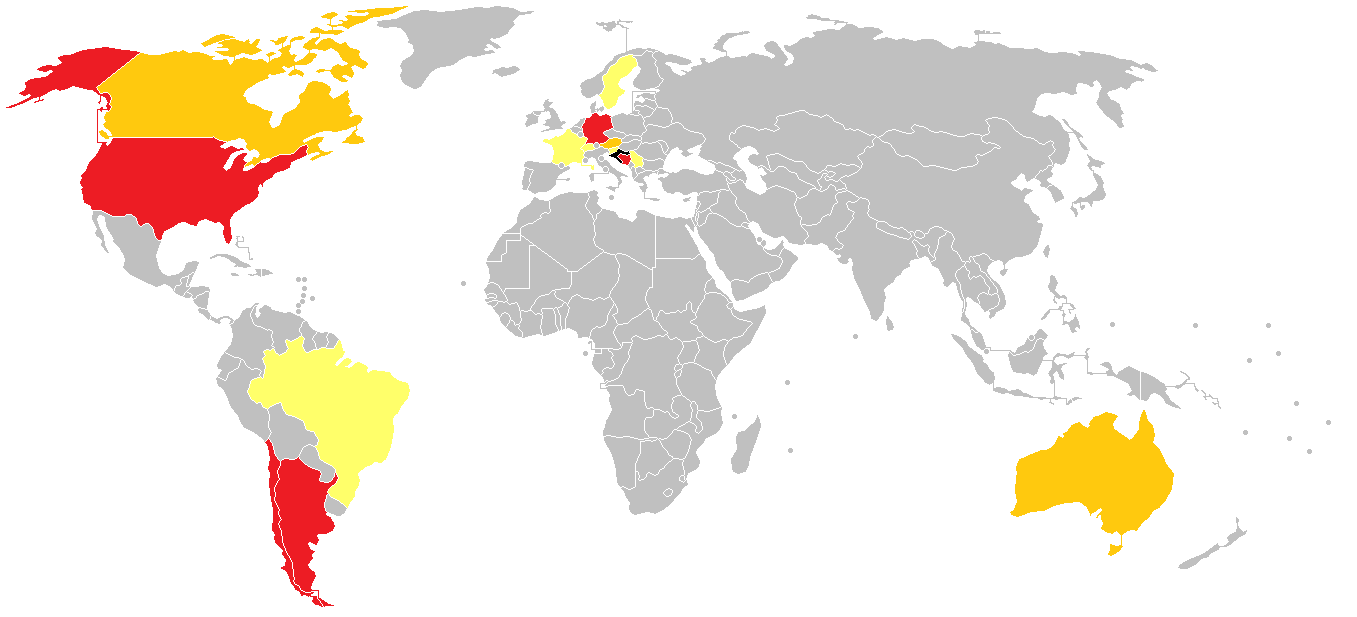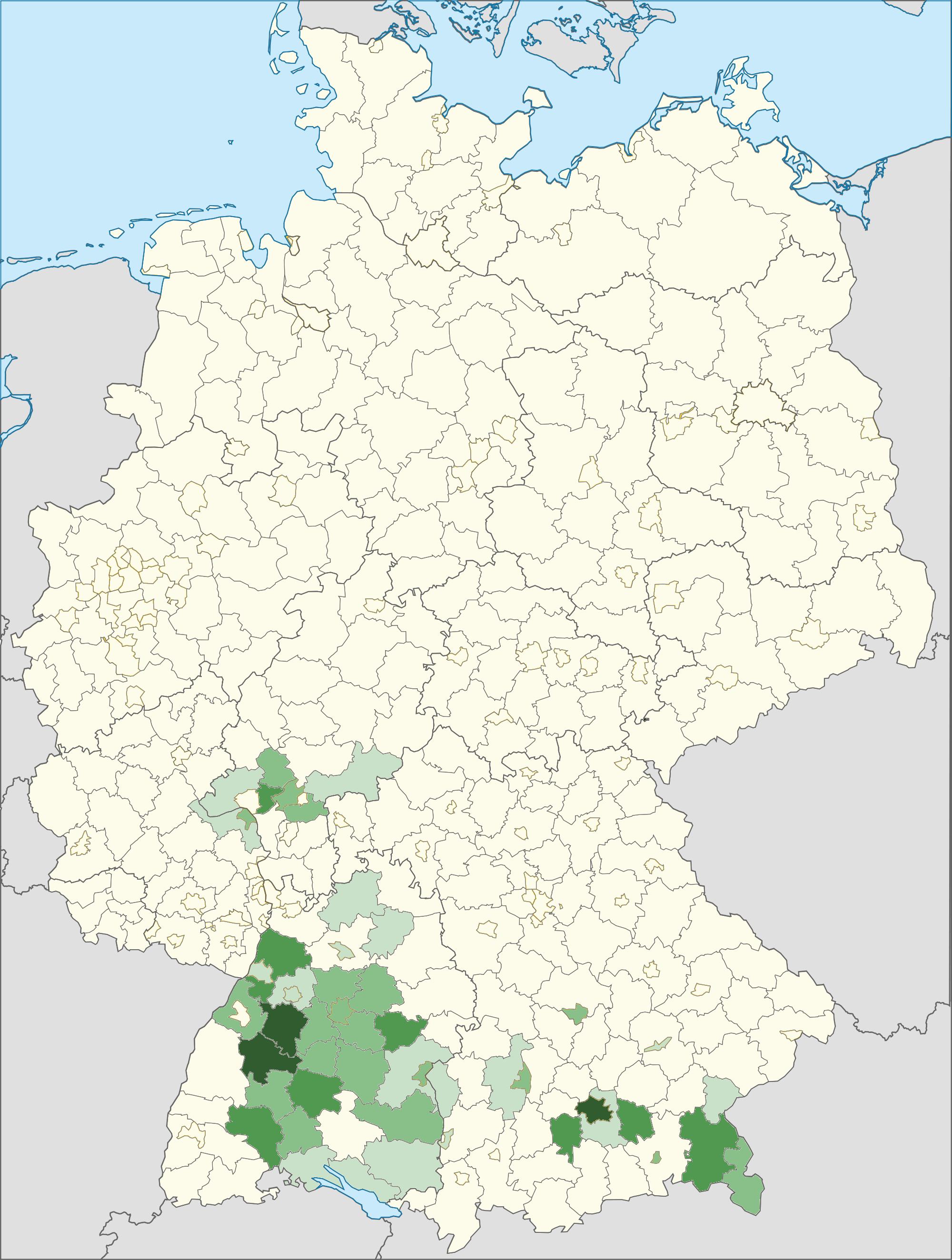To residents of the country, the news will hardly come as much surprise: Croatia's minimum wage is among the lowest within all of the countries of the European Union.
Though 2021 has only just begun, Eurostat looked at minimum wage levels in the entire block for the month of January. Croatia's minimum wage is the 5th lowest in Europe. Only in Bulgaria, Hungary, Romania and Latvia are the set level lower than Croatia's minimum wage.
In January, the lowest minimum wage, of €332 per month, was reported in Bulgaria. In Hungary, Romania and Latvia, it was between €440 and €500 per month. Croatia's minimum wage followed at €563 per month. The Czech Republic and Estonia also had a minimum wage of below €600.
Some countries within the European Union do not have a minimum wage at all, although they are rarely regarded as being among the countries with the block's lowest living standards. They are; Denmark, Italy, Cyprus, Austria, Finland and Sweden.
21 EU member states do have a national minimum wage. It ranges from €700 in the east of the union to €1,500 in the northwest. In 10 member states - mostly in Eastern Europe - the minimum wage in January was below €700 per month. In five countries in southern Europe, the minimum wage was between €700 and slightly over €1,100. In six countries in the west and north, it was above €1,500.
The data shows that the highest minimum wage in the EU is as much as 6.6 times higher than the lowest.
One element of the statistics which may come as a surprise to the country's residents is that the countries regarded by the EU as being 'southern Europe', all had a higher minimum wage than Croatia's minimum wage. In Greece, the lowest minimum wage in January was €758. Among southern European countries, it was followed by Portugal, Malta, Slovenia and Spain who each had a minimum wage of between €780 and slightly over €1,100. Some of south Europe's countries – specifically Greece, Portugal and Spain – were among the continent's hardest hit in the 2008 financial crisis and aftermath. That they should have recovered to the point where their minimum wage is higher than Croatia's minimum wage is notable. The Croatian diaspora around the world. Economics is not the only cause of Croatians leaving their homeland - they also move for political and sociological reasons © Davejcroyd
The Croatian diaspora around the world. Economics is not the only cause of Croatians leaving their homeland - they also move for political and sociological reasons © Davejcroyd
Among the countries in the north and west of the continent, France had the lowest minimum wage, of €1,555, followed by Germany, Belgium, the Netherlands and Ireland, where the minimum wage ranged from slightly over €1,600 to slightly over €1,724. Luxembourg had the highest minimum wage, of €2,202.
When the minimum wage is expressed in purchasing power standards (PPS), the gap between member states is somewhat narrower - the minimum wage is 'only' 2.7 higher than the lowest. Bulgaria is still at the bottom of the list with a minimum wage of 623 PPS per month, while Luxembourg tops the list with 1,668 PPS. Croatia's minimum wage in January 2021 was 805 PPS.
While figures on Croatia's minimum wage level within the European Union are not entirely welcome on a national level, this economic disparity is, in some way, how the European Union is set up to function – residents of EU member states may travel to and live within any EU member state where opportunities may be better and wages may be higher. Croatians have free access to the employment market within the whole of the European Union. Where Croats most live in Germany. Croatians are the sixth-highest group of residents of Germany who hold citizenship in a different country © Michael Sander
Where Croats most live in Germany. Croatians are the sixth-highest group of residents of Germany who hold citizenship in a different country © Michael Sander
Many young Croatians are happy to take advantage of this situation and travel overseas for their employment. While this is beneficial to them on an individual level, it contributes to a considerable 'brain drain' from Croatia – where the brightest and best young minds are snapped up for employment in other countries, where wages are higher. It also greatly impacts the demographics of Croatia's population.
In the 1960s, Croatia had five or more employees per retiree, supporting the country's economy while the elderly enjoyed the retirement they had long worked for. In the Croatia of today, only 1.4 employees remain in the country to help support a nation that, thanks to advances in healthcare and education, has an increasing number of old people and retirees. And, why should younger people be asked to stay, when Croatia's minimum wage lines up so poorly compared to countries which are just a few hours away by bus?


